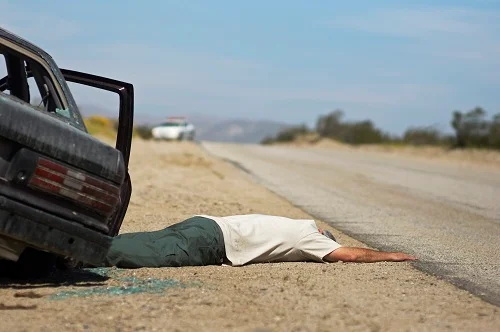You get that devastating phone call. Your loved one has been killed in a car accident. No one plans for things like this. It happens unexpectedly and can truly emotionally scar you. Many Americans have gotten into an accident during their lifetime. When your loved one is killed at the hands of a negligence driver, it is tragic. It was not their fault. It’s important to know when you can make a wrongful death claim as well as how the the process works.
When can you make a claim?
Your loved one was killed in a car accident. You will be able to make a claim when their death was due to either negligence or intentional harm. For example, if the person driving was speeding when they hit and caused the death of your loved one, then that is considered negligent. If the person driving intentionally tried to rear end your loved one’s vehicle because they wanted them to move faster and it caused them to get in an accident and die, then the driver can sued for causing intentional harm. You must be able to prove that the driver specifically was the cause of the accident that resulted in the death of your loved one. This could either be a sudden death where the driver dies on the spot, usually from getting hit by a large vehicle or a high speed crash. Or it could be an eventual death, where the injuries they sustained from the accident ultimately lead to their death later on. You should be able to prove that the deceased is survived by their children, spouse, or other dependents or beneficiaries such as foster children. You must prove there are monetary damages as the result of the death of your loved one and sometimes non-monetary damages such as pain and suffering.
How does it work?
As mentioned previously, you have a right to bring a claim if you are the spouse, children, or other dependents to the deceased. You also can bring claim if you are the parent of the deceased. While this is true, The personal representative of the state may also file suit on behalf of the surviving family members. You must be able to prove that the driver caused death to your loved one whether the deceased was another driver, passenger, or pedestrian. The driver can be responsible if they directly or indirectly caused the accident. For example, they swerved into your loved one’s car causing their death trying to avoid a pothole. The survivors of the loved ones can still make a claim.
No one’s ever prepared for the untimely death of their loved one. You planned on continuing to see them. This is a very emotional and touchy subject. You’re probably filled with anger and frustration toward the driver who killed your loved one. The death of your loved one matters and you deserve to have someone else help with that burden. It doesn’t change the fact they’re gone but it can help you. You want someone who is an expert in fatal car accident law and can help your case. Schedule an initial consultation with a Phoenix car accident attorney with Lorona | Mead Law firm at 602-385-6825 or fill out this contact form.
